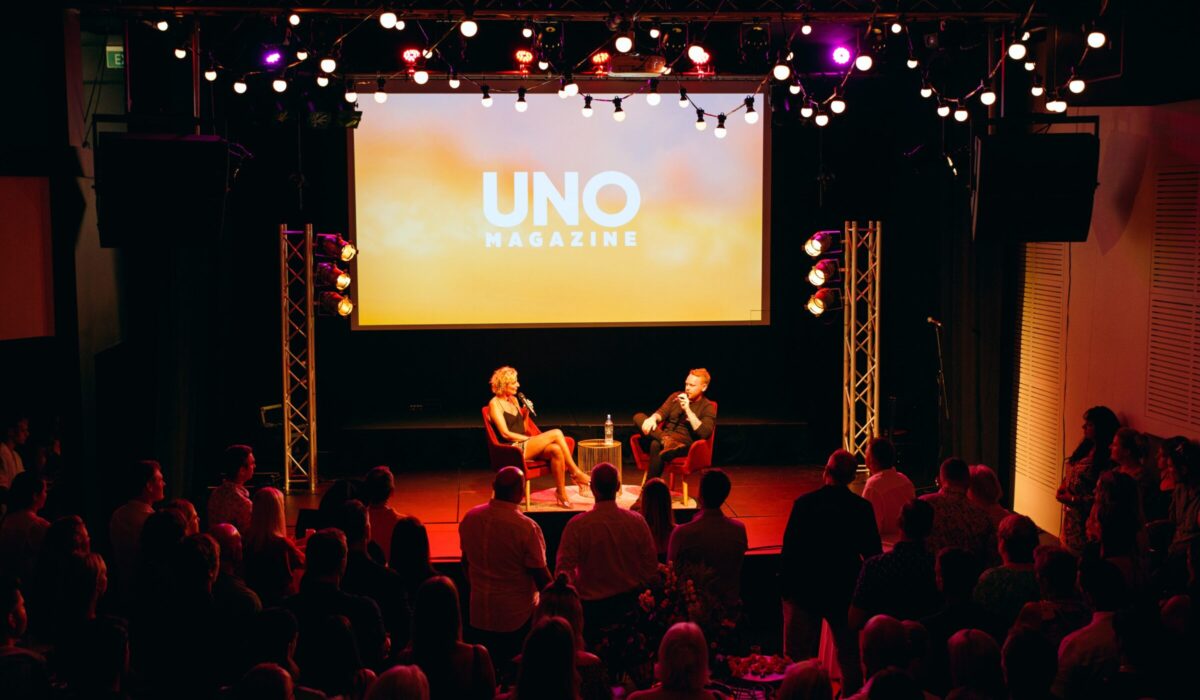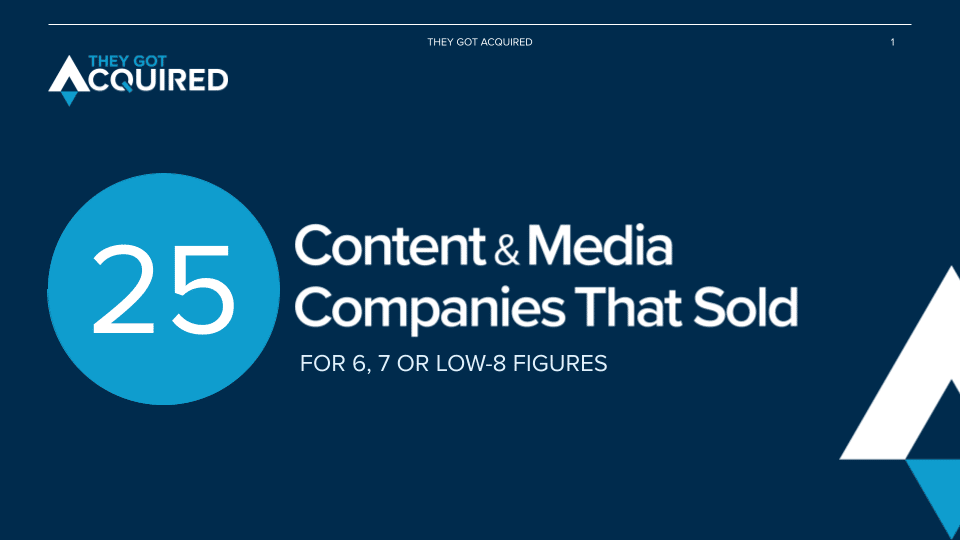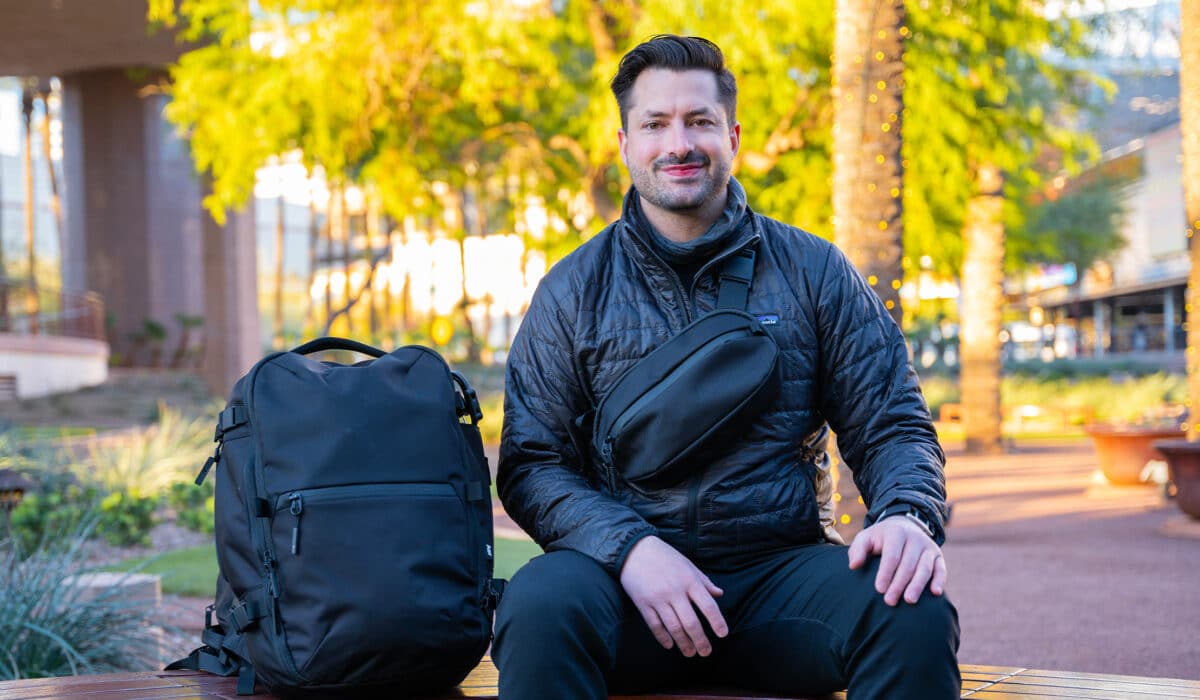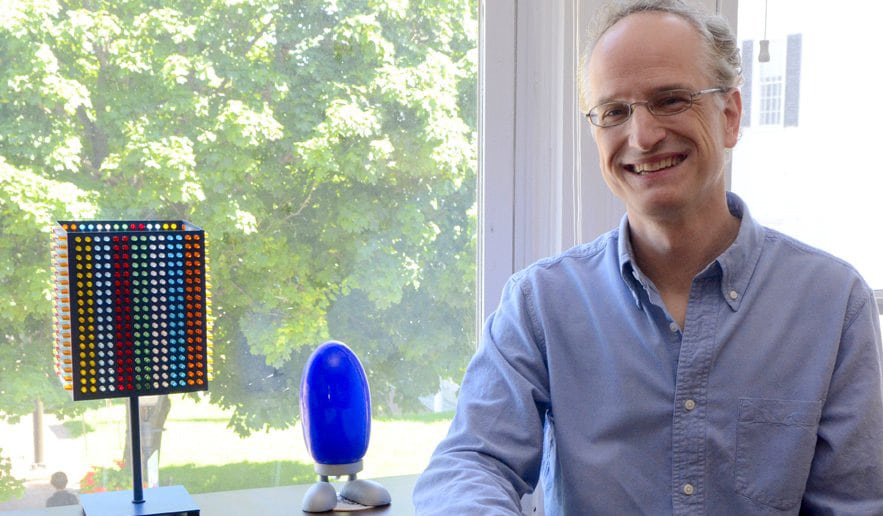Sometimes, you just have to follow your gut.
And for Jenny Rudd and Mathew Tomlinson, that meant selling their publishing company, New Zealand-based UNO Magazine, even though they loved everything it brought into their lives.
In 2021, the married, entrepreneurial duo sold UNO Magazine — which owned its flagship magazine of the same name as well as NZ Fisher Magazine — to SAO Media in a mid-6-figure deal.
“We sold for a great multiple for a regional magazine,” Rudd said. “Growing the business involved consistently making good decisions that over time, compounded and gathered pace. The biggest challenge then was learning what part I played in any bad decisions, and how I could change my behavior to make better decisions. Equally important was to relive and talk through successes, so we could emulate them again.”
UNO’s sale is something of a comeback story. The couple purchased UNO in 2015 for $20,000, plus some smaller payments stretched out over publication dates. The previous owner had started UNO with his dad, who’d since passed away. “It was really suffering from the owner’s lack of interest, and wasn’t in great shape,” said Rudd. Since 2005, the magazine has published stories on businesses, food, fashion, travel and culture.
“We inherited a big pile of paper — that was the sales data,” she recalled. “There were no systems, no computers, there was no mag designer as she had left. There was nothing. When we asked about the website, it was like, ‘errm, I think there’s a password somewhere.’”
Rudd credited UNO’s growth and turnaround to their use of clear systems and processes. That not only allowed them to hire staff around the world but also kept the company organized and on track. The processes also favorably positioned UNO for a sale, Rudd said, as they enabled the business to run without its owners.
In time, Rudd and Tomlinson grew UNO Magazine to become a popular, premium lifestyle publication serving the central North Island of New Zealand. With a team of six employees and a handful of contractors, the magazine drew more than 75,000 readers to its quarterly editions.
UNO’s business model relied primarily on advertising and paid editorial content, and was supplemented by events and social video content that the group captured during photoshoots, Rudd said.
“We realized that clients really wanted beautiful editorial, and they needed as much reach as possible,” she said.
“The high-end, print publication was the anchor for everything; it was the premium offering that kept us ahead of the competition. But we added in a whole range of ways to reach audiences.”
UNO’s online presence also barely existed when Rudd and Tomlinson purchased it. Its website was “archaic” and it had no established social media channels, Rudd said. The company designed a new website and launched social media channels, which helped the company draw eyes.
“Magazines can’t survive without an online component,” Rudd said. “It didn’t generate the most revenue, but it was a necessary offering for our clients.”
The emotionally-taxing side of selling a business
Two weeks into a COVID lockdown in September of 2021, Rudd and Tomlinson set out on their daily beach walk outside their home.
As the waves crashed around them, they reflected on their love of publishing magazines, their team and community. They talked about how UNO was more than a business in their lives — it opened them up to new friendships, learning opportunities and experiences.
Simultaneously, Rudd mused about how busy their lives were becoming. They had other small businesses — including a short-term rental business and an online office furniture business — and she was working more in the investment space. They also had four teenagers at home with whom they wanted to spend time. It made her think of the future.
Rudd turned to face her husband and asked: “What would it feel like to let go of the publishing business, and sell the magazines?” The two apparently shared the same mental wavelength, and Tomlinson promptly replied “Let’s do it.”
While walking home on the sand, the two made their first call to begin the process of selling UNO. The process quickly stirred up a wave of emotions, including grief over how and when to tell their team.
“I had no idea how tough it was going to be to keep it from the team,” Rudd said. “Like many businesses in a small town, our team were our mates. We knew and trusted each other. You feel like you are going to work and lying every day; in the office you are making plans for the magazine’s future, while outside you are prepping the business for sale. It made me feel quite down.”
Notwithstanding, Rudd reasoned that keeping mum was the best strategy to produce a positive outcome for the team, buyers and them. That choice helped ensure the business would keep running smoothly, which would protect jobs, and provide the new owners with a healthy enterprise.
“If we’d told our team that the business was in the process of being sold, they might get spooked and leave the business, devaluing it, and making running it way harder for Mat and me, or the new owners to run it profitably,” Rudd said. “Once I got that clear in my head, I was able to rationalize it better. But it still didn’t sit comfortably. I have to say — that feeling really detracted from our usual enjoyment of problem solving and negotiation. I hadn’t been prepared for that.”
About six weeks after their inspirational beach stroll, the two sold their publishing company to a pair of media professionals recommended by former colleagues whose skills aligned with growing the business.
“We drew up a document that outlined our revenue streams, the structure of the team, what they were actually buying, and most importantly, how the two women’s skills could be converted into some great opportunities,” Rudd said. “We didn’t even need to work our way down the rest of our shortlist, or go through a broker. The two women we were introduced to ended up buying the business.”
Advice for founders selling their business
For founders selling their business, Rudd says it’s important to understand there isn’t a “cookie-cutter” way to sell. Every situation is different, but lining up multiple prospective buyers provides founders with leverage to keep the sale price higher.
She also recommends founders develop processes that can guide the business without its owners.
“My biggest piece of advice is to implement cloud-based management systems and processes,” Rudd said. “That way you can hire the best people available, all round the globe, as they can all access the central system that tells everyone what’s going on.”
After selling UNO, Rudd and Tomlinson are spending more time learning about blockchain technologies, and Rudd continues to invest in women-led businesses.



